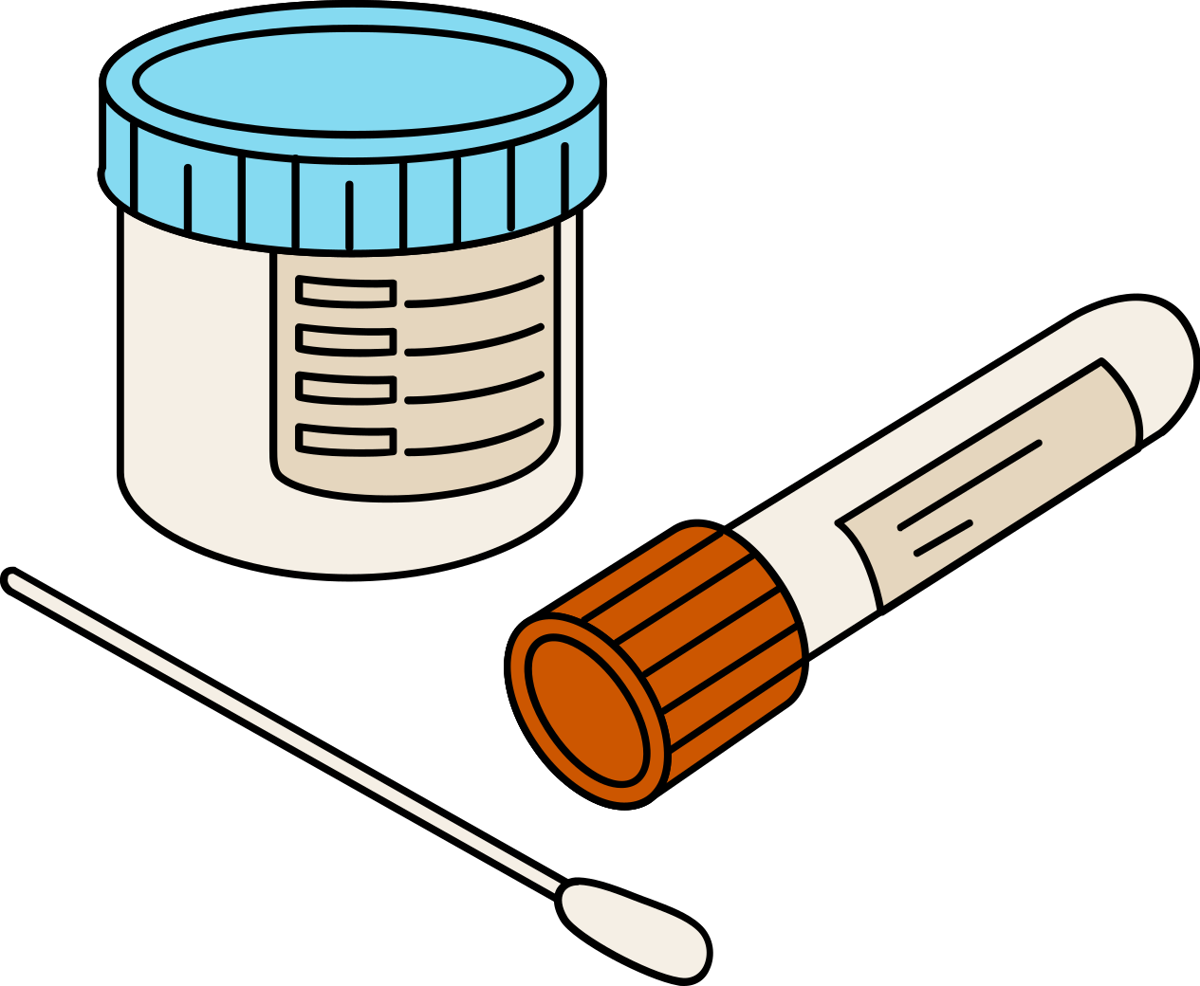How do you know if you have an STI?
-
The short answer is: you don't always know if you have a sexually transmissible infection (STI), without a test.
Some STIs have symptoms — but some don't. You’ll probably know pretty quickly that something isn’t quite right — the itchy bumps, the pain when you mimi (wee), or the unusual discharge — are usually clear signs you may have an STI.
-
-
What are the signs you may have an STI?
-
Symptoms of STIs include:
- Unusual discharge from your vagina, penis or anus
- Pain when peeing
- Lumps or skin growths around your genitals or anus
- A rash
- Unusual vaginal bleeding
- Itchy genitals or anus
- Blisters and sores around your genitals or anus
-
-
Did you know that many STIs have no symptoms at all?
-
Many STIs have no symptoms at all. That means that although you might not notice anything different going on, you could have an STI.
If you feel healthy and aren’t having any trouble, it’s pretty easy to forget all about getting an STI check. That's why people can go for months, or even years, without realising they have an STI.
The only way you can be sure that you don’t have an STI, is to get tested.
-
-
What STIs don’t have symptoms?
-
What happens if you have an STI and don’t realise?
-
If you have an STI and don’t know about it, anyone you’ve had unprotected sex with could also be at risk of getting the STI.
Leaving STIs untreated can also lead to more serious health problems later in life. It can cause:
- Infertility
- Increased risk of pelvic inflammatory disease (PID)
- Increased risk of ectopic pregnancy
- Increased risk of, prostate, bladder and urethra issues
- Increased risk of contracting other STIs.
-
-
How do you protect yourself from STIs?
-
Condoms and oral dams can protect against STIs.
It’s a good idea to make sure that you know how to use them correctly — and that you use them every time you have sex — even if the person you are going to have sex with is using other contraception, like the pill, IUD, injections or implant.
If you are going to have unprotected sex, it’s really important that you, and the person you are going to have sex with, both get STI tests before and after sex.
You never have to have unprotected sex with anyone. It is always wrong to make someone do anything sexual that they don’t want to do.
-
-
